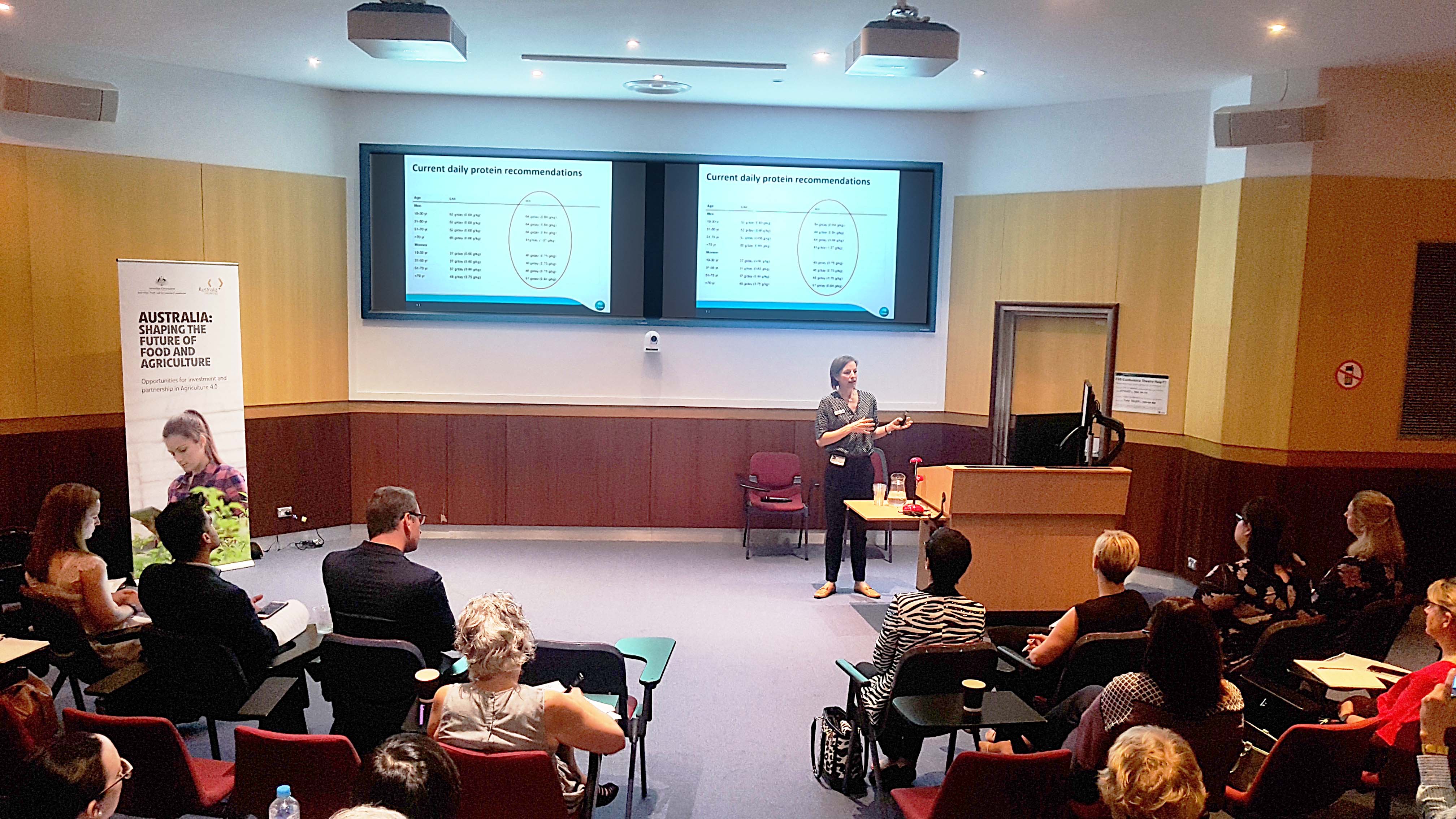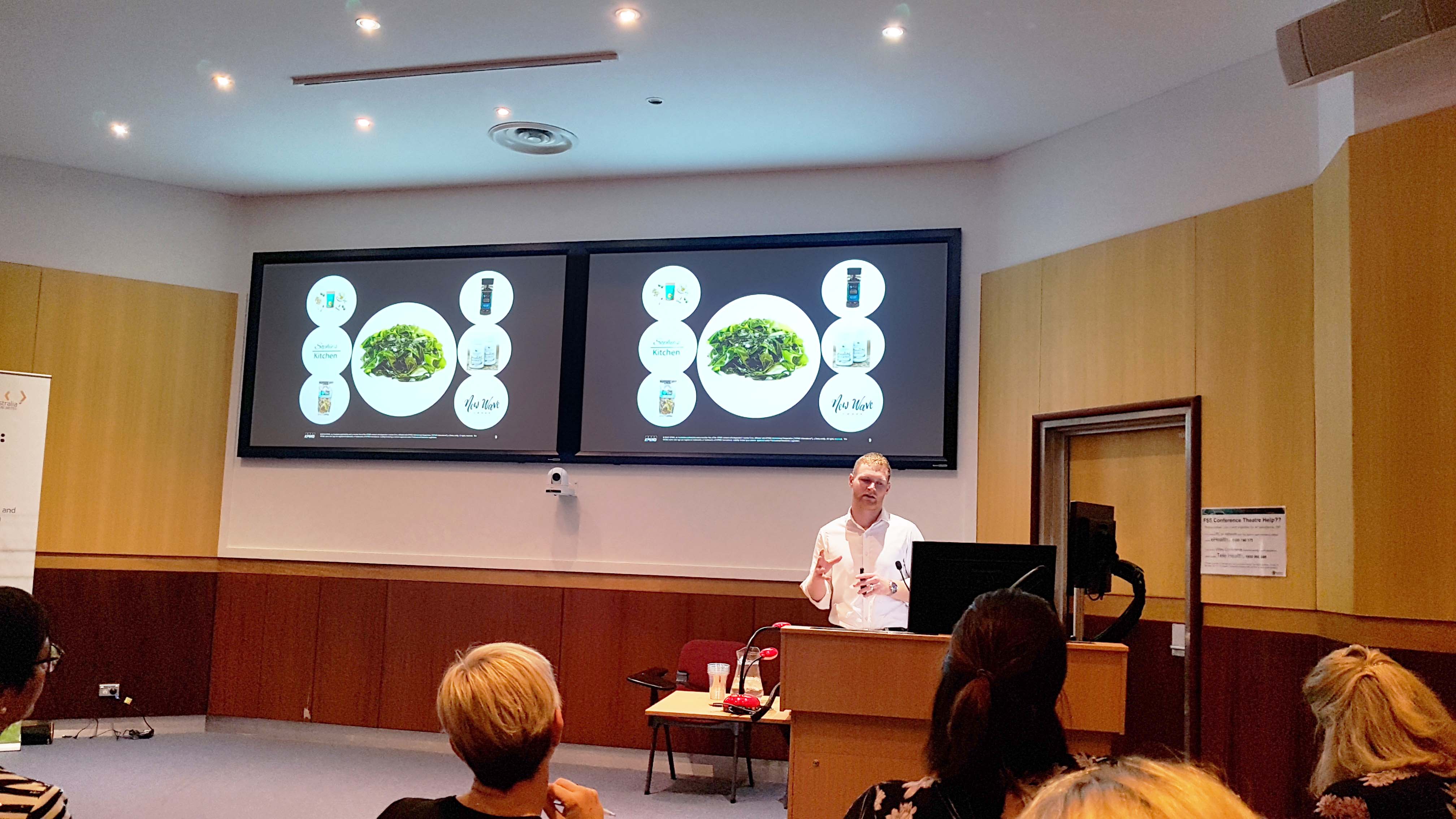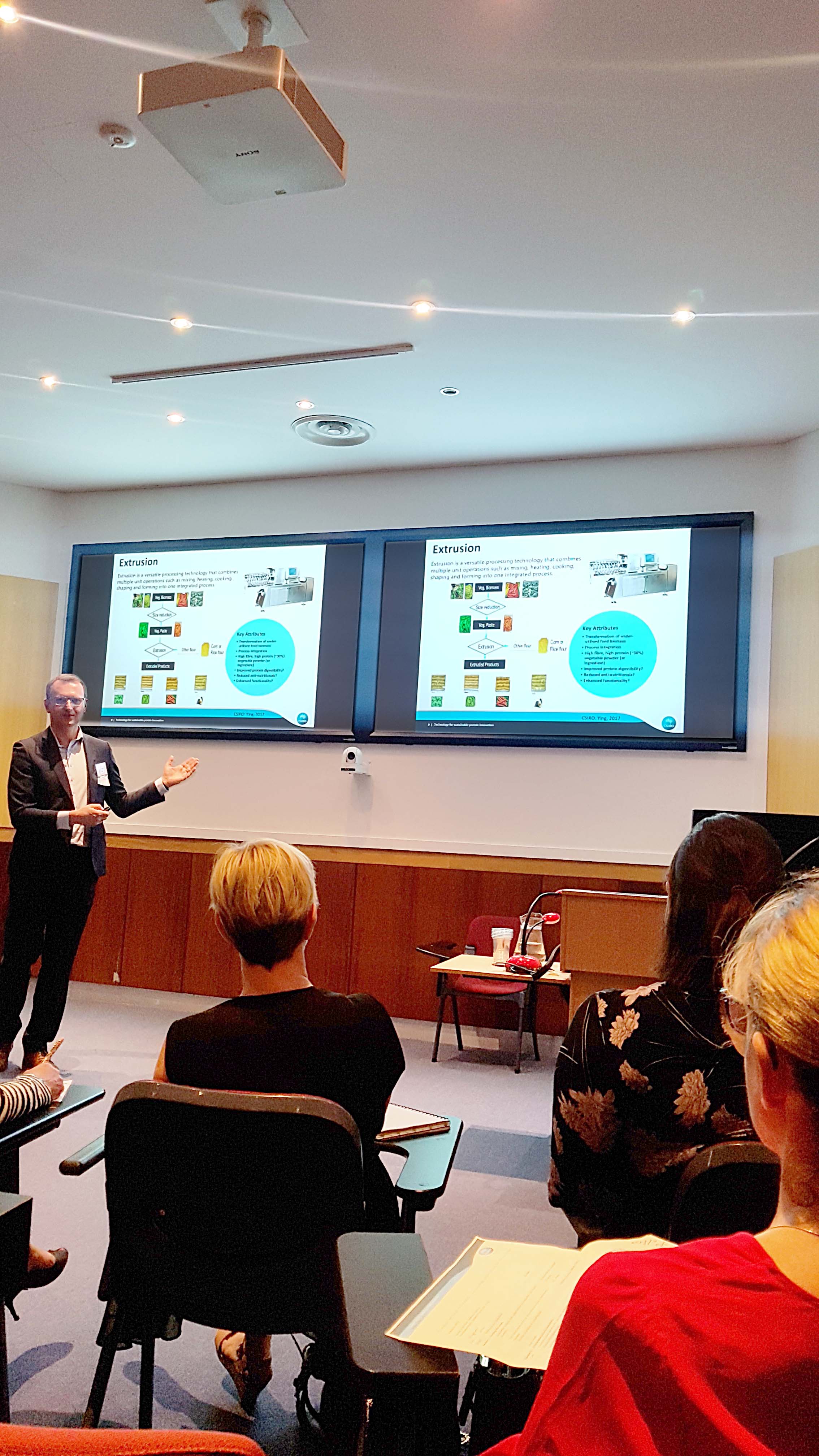Over the last several weeks CSIRO & FIAL have hosted a series of alternative food and protein seminars, discussing the challenges our food system faces over the years to come and the social and technical hurdles we face to overcome these challenges.
Wiley’s Technology and Innovation Coordinator, Ryan Harvey, attended in Brisbane and shared his insights on the topic. Ryan said: “The magnitude of the challenge we face is only matched by the herculean efforts of food technologists, venture capitalists and food companies to address them. I think the way to a sustainable food future is anything but smooth, but it gives me great hope to see the work underway.”
The seminar series had a focus on alternative protein i.e. protein from sources we wouldn’t consider under the current food system including crickets, tilapia carp, veggie-based meats and lab grown (clean) meat. Each of these new proteins aim to address the challenges we face in feeding a growing population sustainably and nutritiously.
According to one of the speakers, Phil Morle from Main Sequence ventures, we need to produce 71% more food by 2050 while simultaneously having 55% less impact on the environment.
So how can future food technology help us achieve this goal?
Different protein sources have different feed conversion ratios that is the number of calories we receive in the end-product compared to the number of calories fed to the animal. For some examples, cattle have a conversion ratio of around six to one i.e. for every six calories we feed a cow we receive one calorie of meat. For chicken, the feed conversion ratio is around 1.8 and for crickets, its 0.9 to 1.1.
In addition, alternative proteins have reduced direct greenhouse gas emissions, according to Beyond Meat they produce 1/10th the GHG emissions of a beef patty.
These sources of protein will help us reduce our dependence on environmentally harmful protein sources and ultimately, perhaps deliver a sustainable food system.
Ryan’s key takeaways from the seminar were:
- 17% of millennials are vegan vegetarian or flexitarian
- Insect based protein has a compound annual growth rate of 42%
- More than 1/3 of Australia’s protein comes from unhealthy sources now






